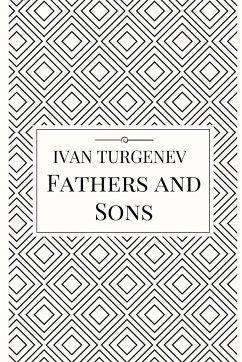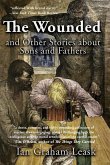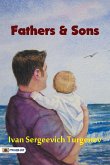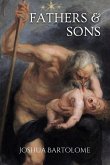Ivan Turgenev's Fathers and Sons explores generational differences and their tragic consequences. The story centers around Arkady and Bazarov, two young men who return home from college to a world that has remained static. They have changed but must now redefine old relationships, both their friendship with one another and their relationships with their fathers. The main conflict of the novel is between the nihilistic Bazarov, who espouses a strictly materialistic attitude toward life, and Pavel Petrovich Kirsanov, an uncle of Arkady's, who upholds the aristocratic tradition in the face of Bazarov's ridicule.
Hinweis: Dieser Artikel kann nur an eine deutsche Lieferadresse ausgeliefert werden.
Hinweis: Dieser Artikel kann nur an eine deutsche Lieferadresse ausgeliefert werden.








